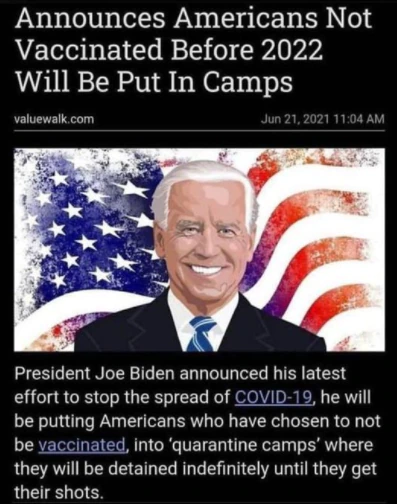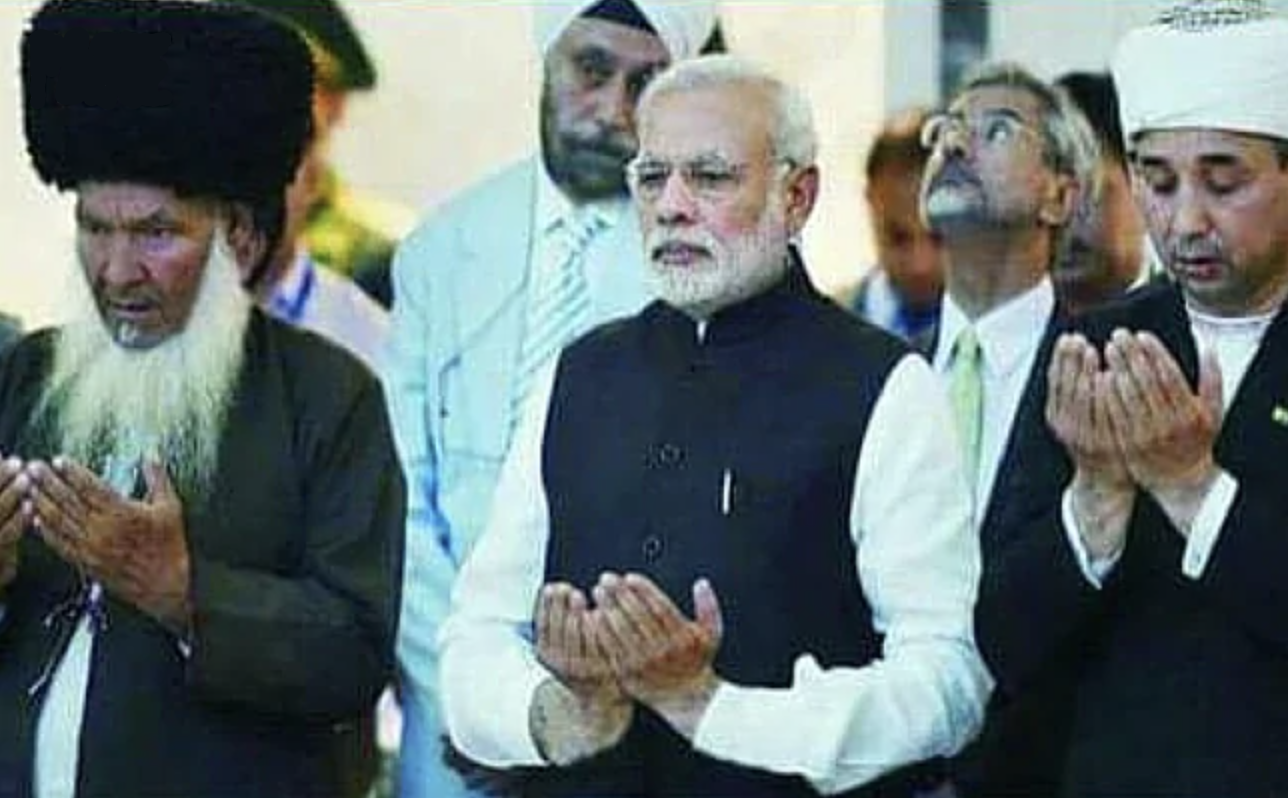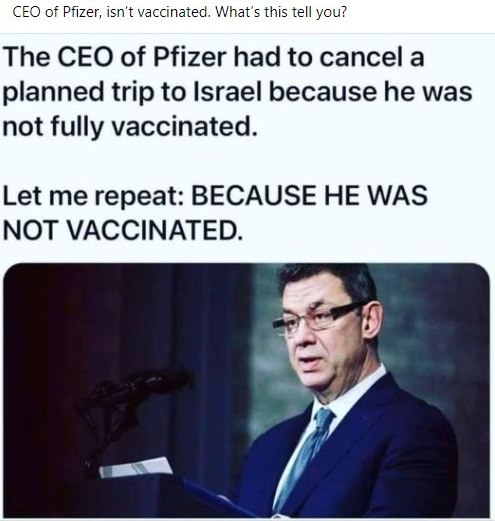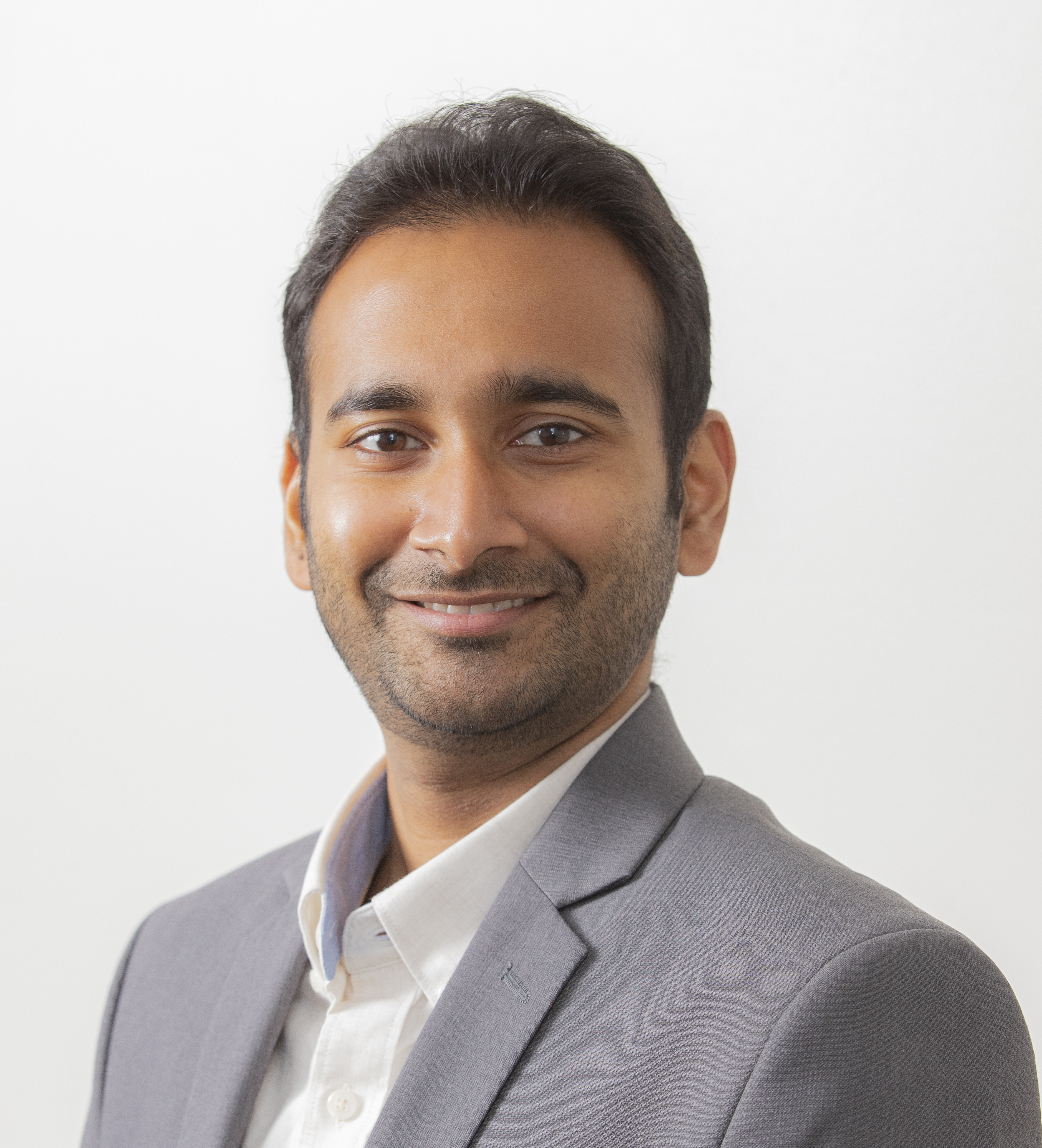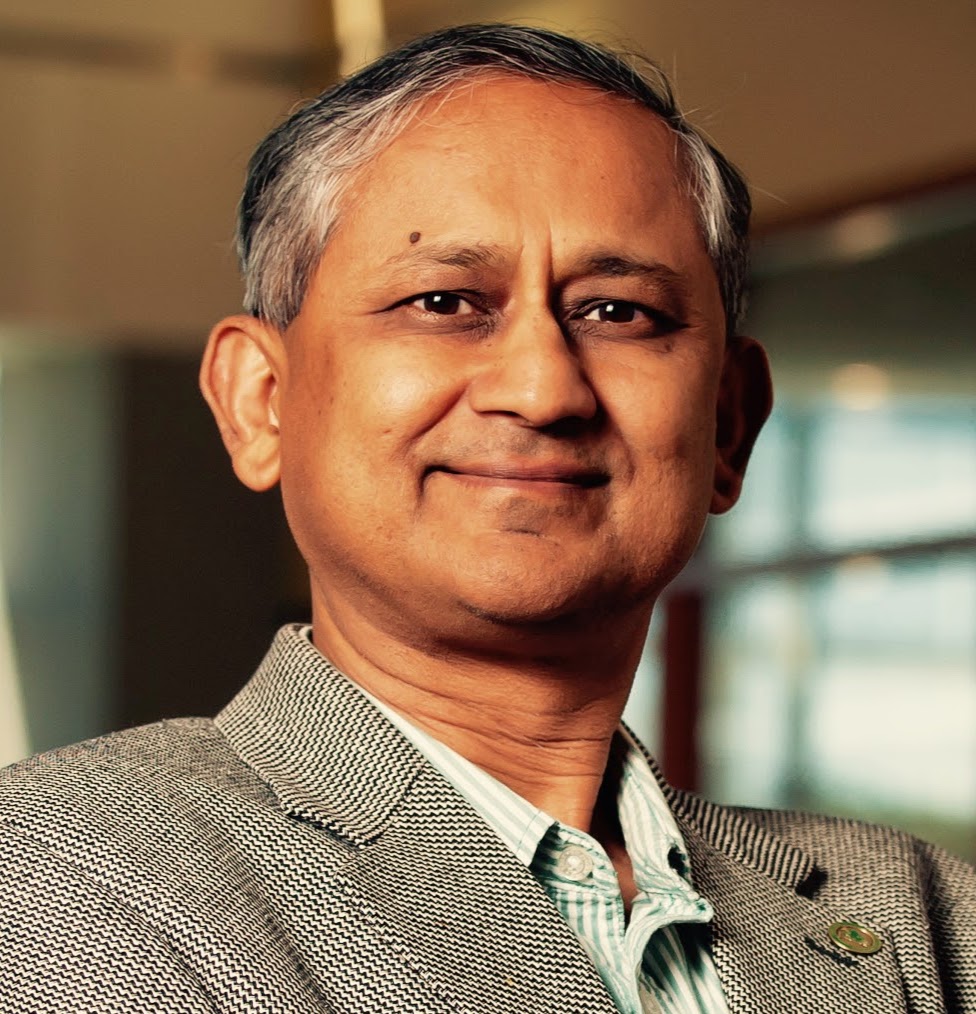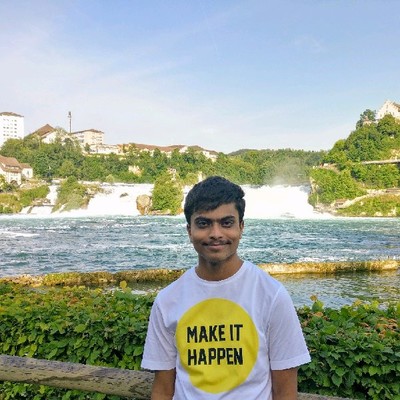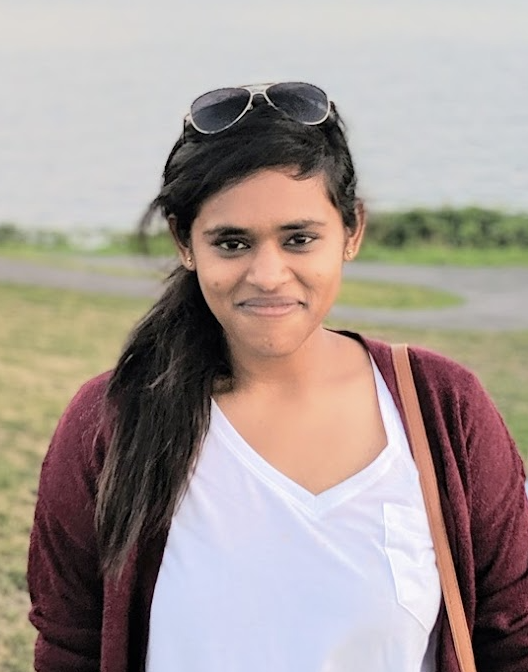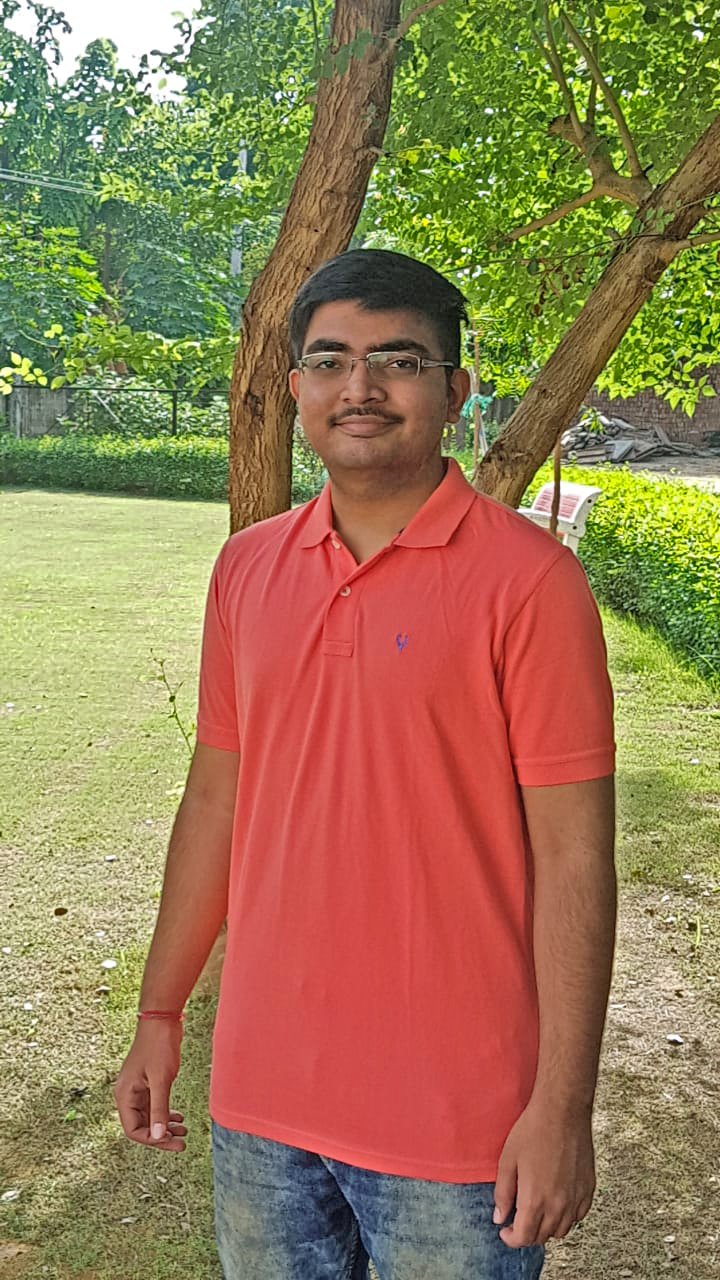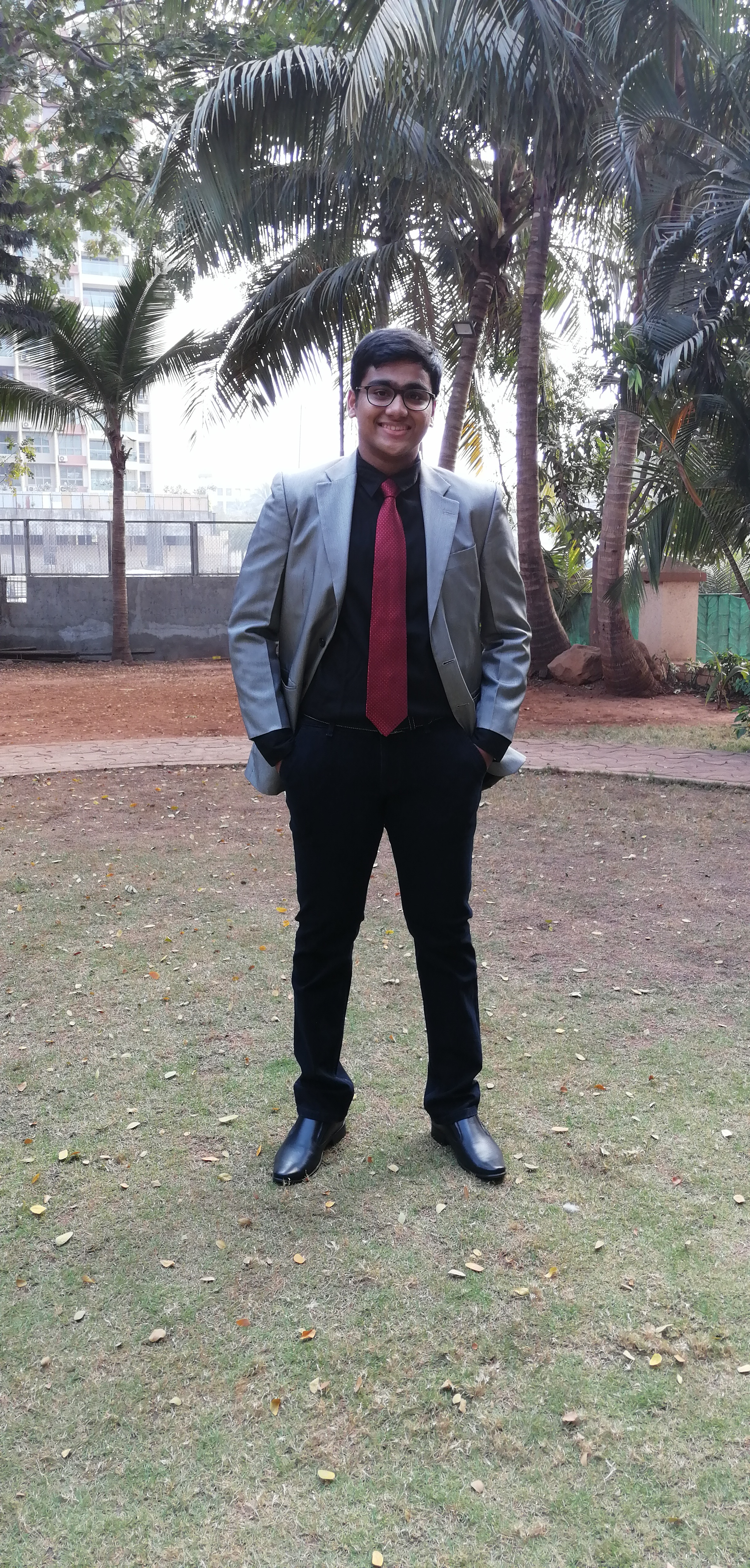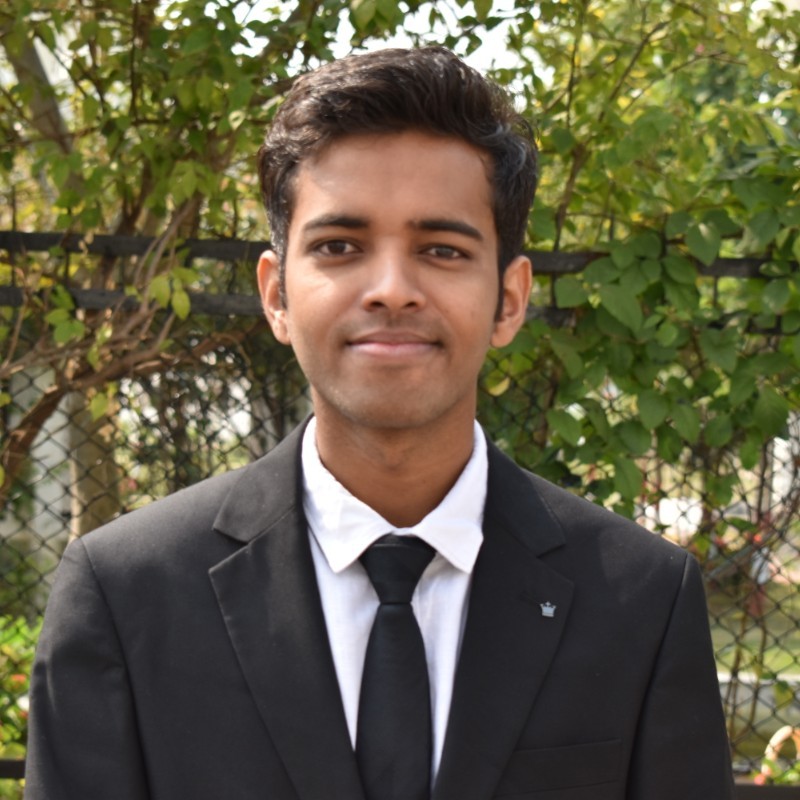 The image purportedly shows US President Donald Trump in his younger days, shaking hands with global terrorist Osama Bin Laden. It had gone viral during the 2020 US presidential election. The picture also has a quote superimposed on it, praising Laden, which is attributed to Trump.
The image purportedly shows US President Donald Trump in his younger days, shaking hands with global terrorist Osama Bin Laden. It had gone viral during the 2020 US presidential election. The picture also has a quote superimposed on it, praising Laden, which is attributed to Trump.

Multi-Modal Fact Verification. please visit this link for details.

